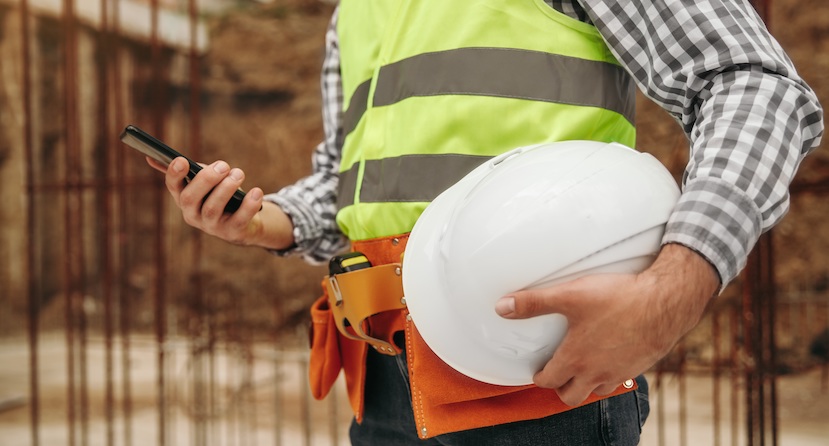
In order to meet your project building deadlines, it’s important to understand and plan for any required local, state and federal building codes, permits and inspections. To help get you started, we’ve compiled a quick guide of modular building codes and permits below so you can begin checking items off your list.
Modular Building Codes
Building codes can vary depending on which country and area you are building in, so before breaking ground on your project, double-check with local authorities to see what area-specific building codes may apply to you. Below are a few of the most common building codes, guidelines and standards for modular projects according to the International Code Council.
- Building Codes – Typically, modular buildings are required to follow the same building codes as site-built structures.
- In the United States, that means that modular buildings must meet the International Building Code (IBC) that is updated every three years with varied state adoption.
- In Canada, modular buildings are expected to follow the National Building Code of Canada (NBC) which is updated every five years and can differ depending on where you are building.
- Building Guidelines – While not required, modular building guidelines, such as the G5-2019 the Safe Use of ISO Intermodal Shipping Containers Repurposed as Buildings and Building Components, help provide answers to new building trends that are not yet covered in international building codes.
- Building Standards – Modular building standards set regulatory standard rules for specific building items. In Canada, modular building providers must follow the CSA A277-16 standard procedure for certifying factory quality and products for prefabricated buildings and parts.
Modular Building Inspections
Before you can apply for permits you’ll first need to schedule any required building inspections. Here are a few inspections you may need to put on your calendar.
- Soil Survey Inspection – A geotechnical soil survey may be required in your area. This inspection helps to determine the type of soil at your site and the sequential design needed for your building foundation.
- Third-Party Licensing Inspection – A third-party licensing inspection is needed for each modular building that is used. This inspection confirms that all mandatory local and international building codes are being properly followed.
Modular Building Permits
Once your building inspections are complete, you can begin to apply for building permits. Permits can often take days, weeks or months to process, so applying for permits early can help you to avoid delays and be ready when construction is scheduled to start. Below are a few types of building permits that you may need.
- Building Permit – After your soil survey completed, you can send your soil survey results, construction blueprints and structural foundation plan to your local authority and apply for your building permit. This building permit, once approved, signals the green light to start construction.
- Utility Permit – This permit lets you connect to utilities such as plumbing and electricity.
- Final Use and Occupancy Permit – Once your building is complete, a final permit is required by local authorities to ensure that your building is safe, up-to-code and ready to be occupied.
Quickly Prepare for Your Next Project
Save yourself from future headaches down the road by researching your modular building codes, permits and project needs now. If you need extra help, give our modular building experts a call or request help online.
